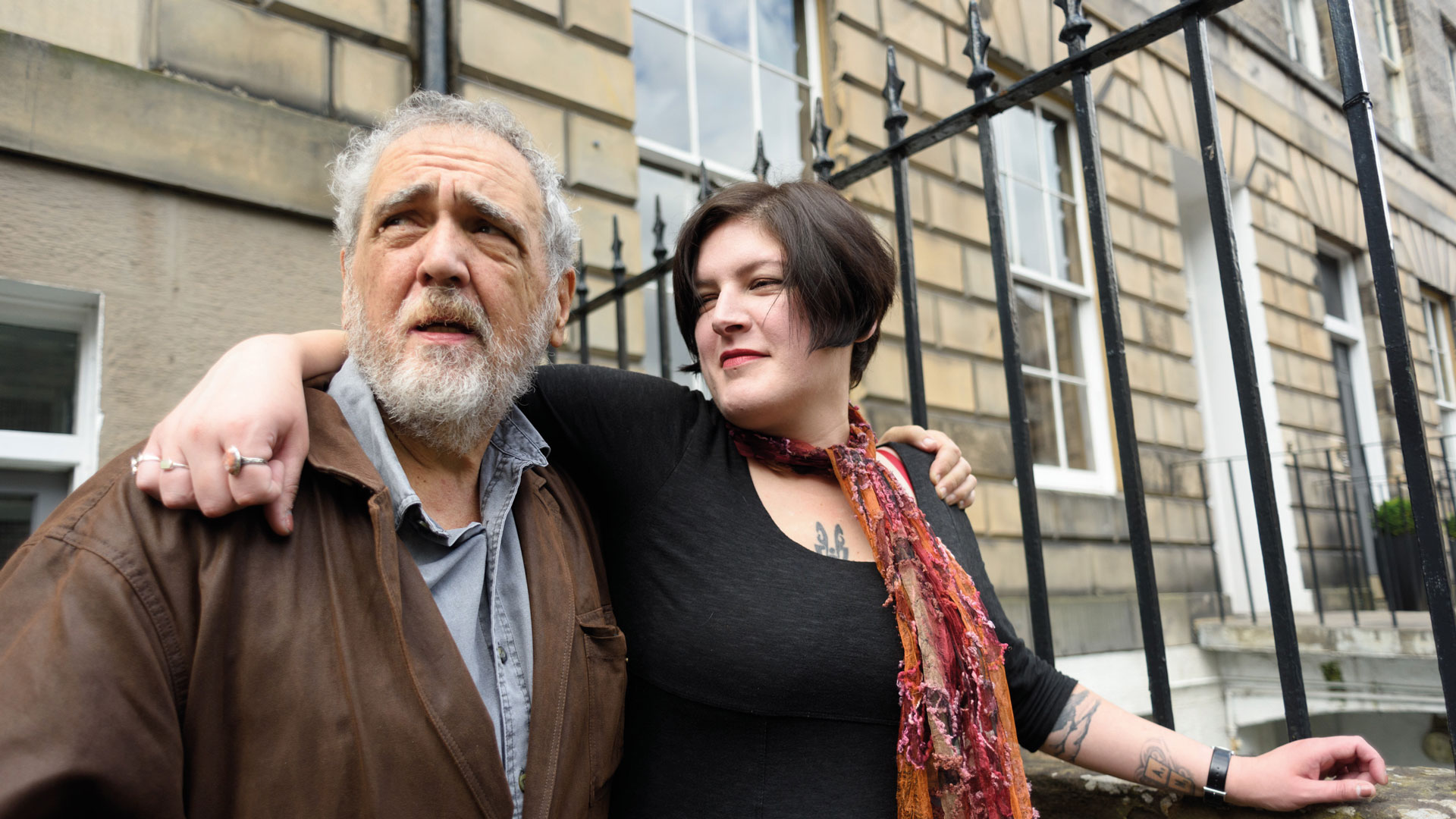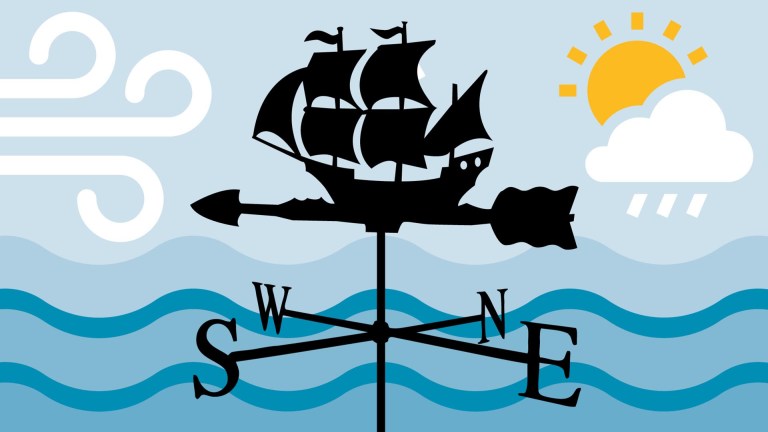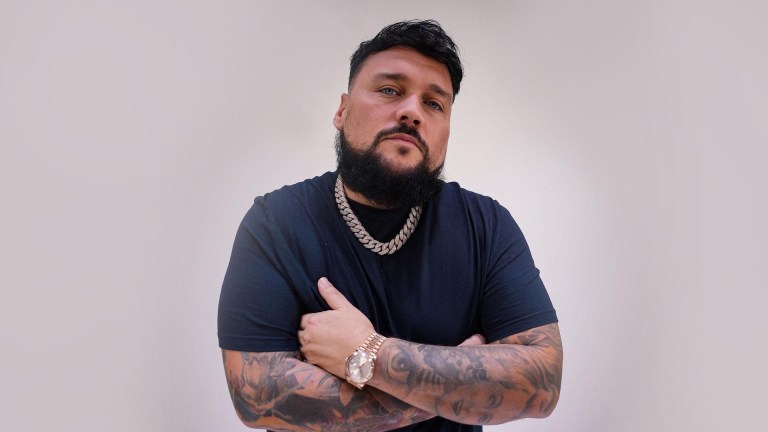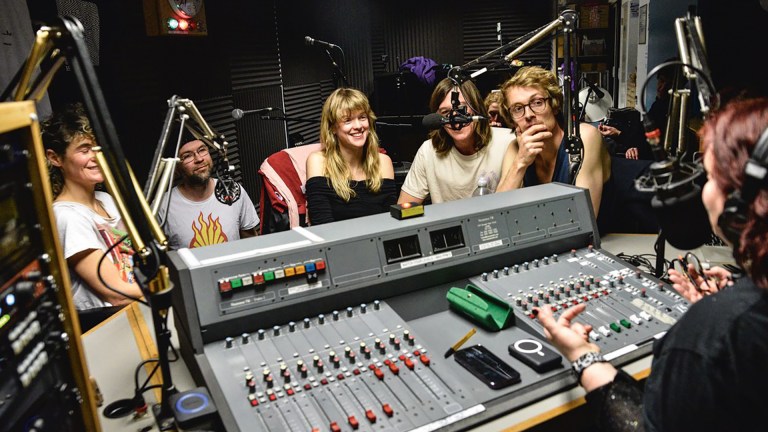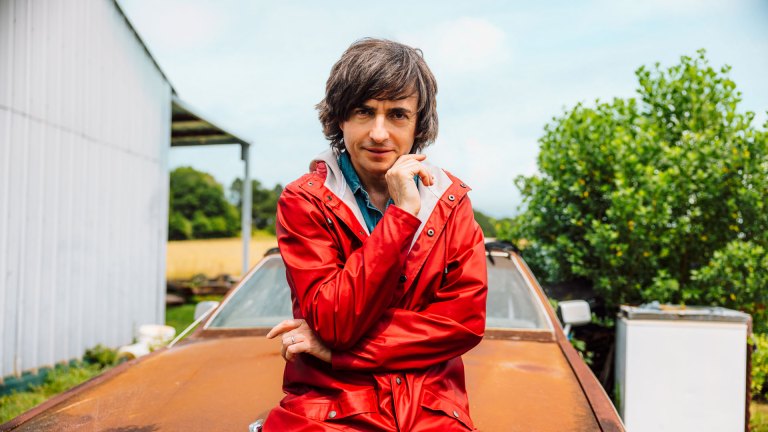I am hijacking my radio column this week to write about someone I want you to know about. Someone who combined being a comedian with being a campaigner for justice and fairness, who wanted a better world for all despite having experienced some of the worst of humanity. His name was Barry Crimmins.
https://www.youtube.com/watch?v=izr3Jsjee0s
I only got to know Barry in the last 18 months thanks to the brilliant documentary about his life, Call Me Lucky. It is one of those documentaries that you see and then bang on and on about demanding people watch it and not resting until they do. I assure you it is worth it. Working on the Boston comedy scene in the Eighties, Barry was an inspiration to a generation of comedians, including the lauded Bill Hicks. He was a passionate and angry voice both on and off stage, and improved working conditions and opportunities for comics. He was a ruthless analyst of the American political system. His tenacity and outspokenness is one of the reasons he never became a household name, but as he told me, he may not have been famous, but Kurt Vonnegut had a favourite joke of his and that was a reward beyond a hundred Tonight Show appearances. That joke was: “Only in the United States could they teach us that socialism is bad in public school.” When he was barracked for criticising America and asked, “Why don’t you go live somewhere else then?” Barry would reply, “Because I don’t want to be a victim of US foreign policy.”
He may not have been famous, but Kurt Vonnegut had a favourite joke of his and that was a reward beyond a hundred Tonight Show appearances
After watching the beating of Rodney King and the ensuing LA riots, Barry started to talk on stage about his experience of being raped when he was four. Those who bullied and degraded disgusted him. When he found out AOL was hosting chat sites where people were sharing child abuse images, he fought a mentally exhausting battle to highlight the problem, which eventually went to Washington. When victims of abuse sought help, he would give it – again, often to the detriment of his own health. Last October, a bunch of us put on a benefit to raise money to help cover the exorbitant costs of the cancer treatment needed by his wife, Helen. Seeing her bills was stark reminder of the possibilities of our NHS versus the US healthcare system. It was fear of these costs that put Barry off seeking medical help, and in January he was diagnosed with terminal liver cancer. He died on February 28. I didn’t know him for long and I am frustrated by this.
One story that has remained an inspiration and a reminder came when we were talking about onstage ethics. Headlining a club, Barry noticed a couple in the front row who really seemed to light up when he was on. They came up to Barry after the show and explained their delight. They had a severely disabled son and could only go out once a year. The other acts had used the term ‘retard’ left and right; it was uncomfortable. Once Barry came on, they soon realised he was not that kind of comic.
Barry told me he became “aware of the shrapnel you can spray out there… There’s a lot of collateral damage you can do… I don’t know when a lack of conscience became synonymous with bravery – it seems cowardly to me.” I knew him briefly, but he affected me deeply.
